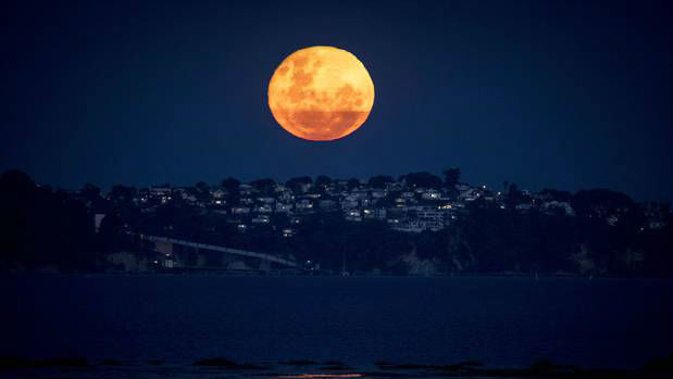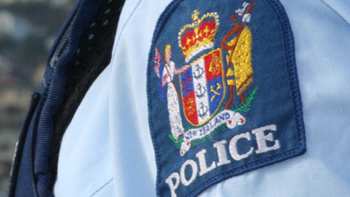
The most super of the "supermoon trilogy" will grace our skies tonight.
Nasa is urging sky-watchers to lead their "pack" outside to take in the "wolf moon" as it's known.
It will be the biggest and brightest of the three supermoons set to appear in two months. The first one was on December 3, the second one is January 2 and the third one will be on January 31.
But if you miss tonight's moon - never fear, the January 31 moon will be "extra special" according to Nasa. As well as being a supermoon it will feature a total lunar eclipse which only happens around twice a year.
A supermoon is a moon that is full and also near its closest point in its orbit around Earth. Since the Moon's orbit is oval, one side is about 50,000km further from Earth than the other.
When the full moon is on the closer side it appears about 14 percent bigger and 30 percent brighter than full moons that occur near the far side of the moon's orbit.
With the total eclipse, the January 31 moon will be a "super blue blood moon".
"Sometimes the celestial rhythms sync up just right to wow us. Heed your calendar reminders. On the three dates marked, step out into the moonset or moonrise and look up for a trilogy of sky watching treats," Nasa reported.
Take your Radio, Podcasts and Music with you









